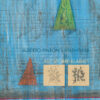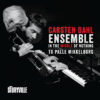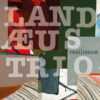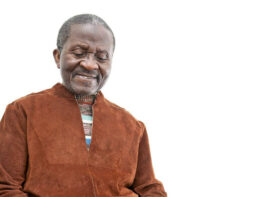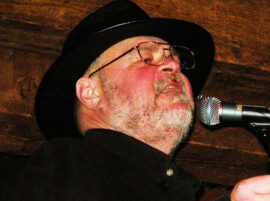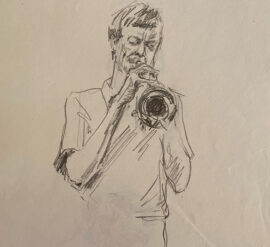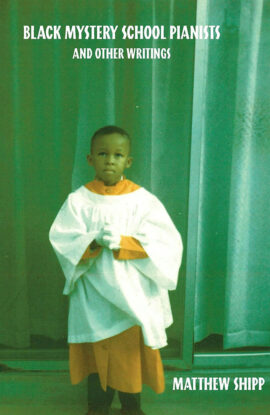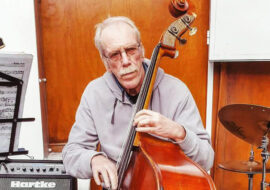
Israeli sax players Stephen Horenstein and Eyal Netzer celebrate the tradition of two tenor saxophones in dialogue through traditional, contemporary and experimental forms. Horenstein, who was born in the United States and was a disciple of innovative trumpeter-composer Bill Dixon, taught Netzer at the Jerusalem Academy of Music and invited him to play in his mini big band, the Lab Orchestra. Netzer also plays in the Shay Hazzan Quintet. Their debut album as a duo was recorded in Jerusalem in November 2017.
Horenstein promises that the music «bursts with cries, walls and prophecies that are sometimes disturbing, sometimes soothing. The walls? They crack, they even break, they permeate like circles within circles, one moving at a steady pace, the other, reeling at phenomenal speeds. Side by side. We speak to each other». And, indeed, from the first notes of their surprising cover of Fred Anderson’s «Black Woman», its is clear that both Horenstein and Netzer are well-versed in the tradition of the great tenor sax players, both love the big, warm sound of this instrument, and the way both play-sing the theme is very emotional.
The other pieces are originals of Horenstein and Netzer. There is a deep mutual respect and affinity in their playing and both tend to articulate the lyrical and introspective themes together, patiently, while both complement and extend each other’s ideas, with minimal tension, as they do best on «Come, Speak To Me». Horenstein’s soprano sax solo on «Sunset» and Netzer’s solo tenor sax answer on «Sunrise» offers beautiful, touching and soulful melodies that stress the profound connection of these musicians. Hornstein’s energetic «Breaking The Walls», the most energetic and ‘out’ piece here, proves, again, that if there were any real or imaginary walls standing between Horenstein and Nezer, these walls have crumbled long ago.
Eyal Hareuveni
Stephen Horenstein (ss, ts, dr), Eyal Netzer (ts, dr)


